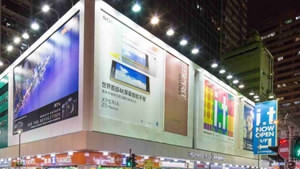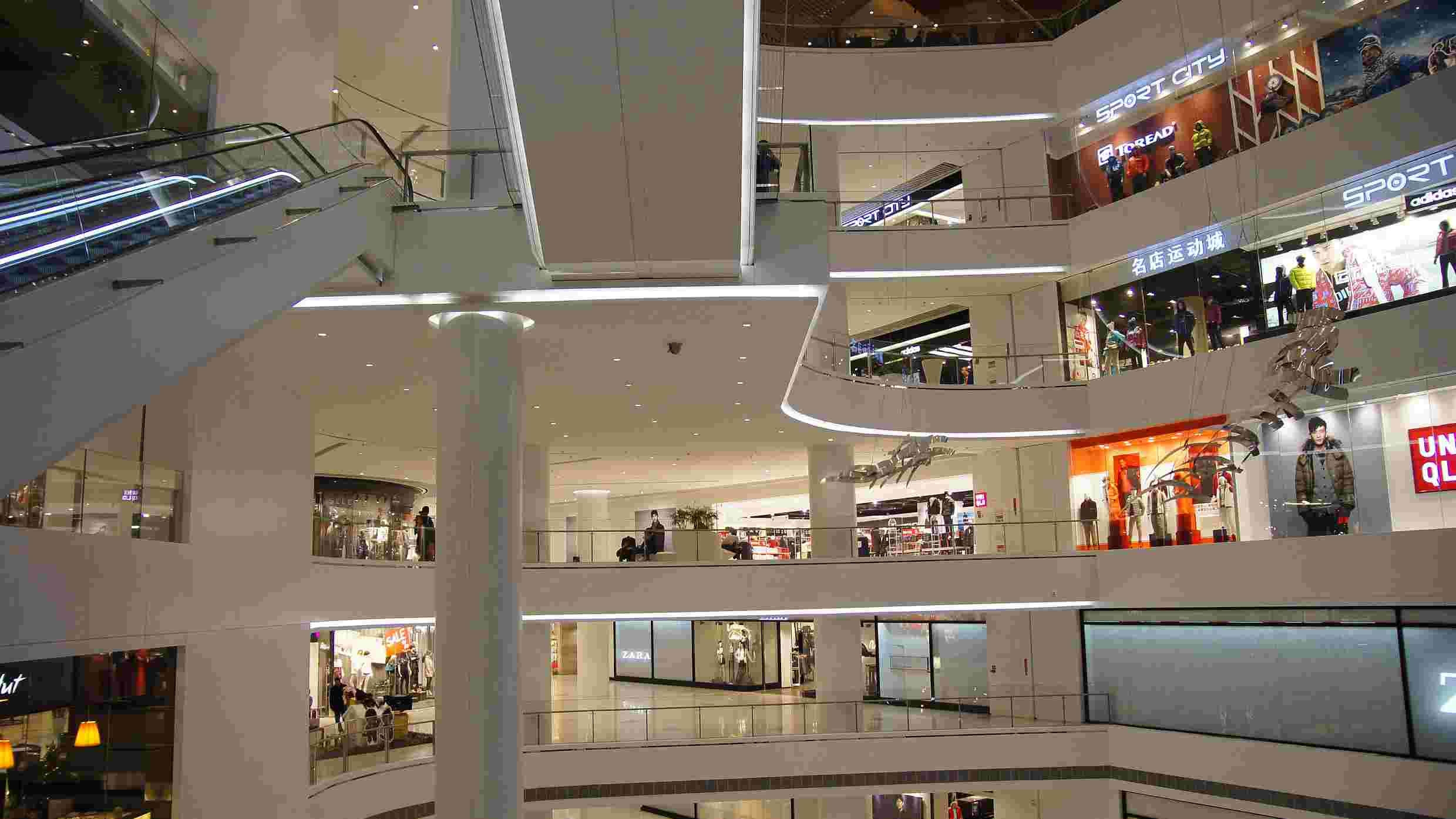By CGTN’s Li Jiejun
Hang Lung Properties (HLP), one of the biggest Hong Kong-rooted real estate developers, blazed a trail into the mainland market in the early 1990s and now profits more from the mainland than it does back home.
Ronnie Chan is the one to take that credit. He foresaw opportunities within the reforming mainland market as he took over as chairman of Hang Lung Group in 1991.
So what triggered Chan’s vision?

Hollywood Plaza, a retail treasure trove developed by Hang Lung on Nathan Road in Hong Kong. /hanglung.com Photo
“Around the same time when I was considering entering the mainland market, Hong Kong was facing the prospect of returning to China in 1997. And I came to a conclusion that the world has changed a lot. So for the world to have a better future, it’s important that the East and West should better understand each other,” he said.
As someone who was born and raised in Hong Kong but educated in the US, Chan has since been very interested in the matter of biculturalism.
“Some of us were privileged to have the opportunity to become bicultural or even multicultural, so perhaps we can help bridge the gap of understanding between the East and West,” the property magnate said. “That would be a very meaningful thing.”

Hang Lung Plaza in Shanghai, the famous No. 66 on Nanjing Road. /VCG Photo
Under Chan’s leadership, HLP took its first step in Shanghai in 1992 and had great success in the decades after. The company developed Shanghai landmarks Plaza 66 and Grand Gateway 66, which have generated the highest tax revenues among all commercial properties in the city.
“We thought we made the right decision [coming into Shanghai] by 2000, so we began to go outside of Shanghai to many second-tier cities,” Chan recalled.

Inside Hang Lung Plaza, a popular shopping center in Jinan, Shandong Province. /VCG Photo
HLP has expanded its business in mainland cities including Shenyang, Jinan, Wuxi, Tianjin, Dalian, Kunming and Wuhan. And meanwhile, the markets of Hong Kong and mainland are more connected and interdependent to each other.
“Hong Kong is the market of free economy, where outsiders always want to play. But I think that now depends as much on mainland policies as well,” Chan said.
Related story:
Hong Kong Faces: Laura Cha confident region will remain world financial center









